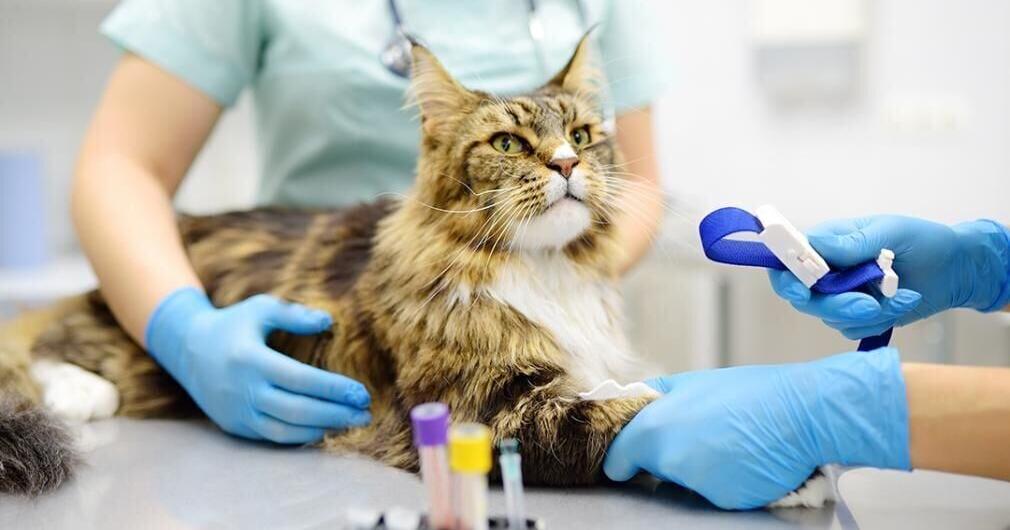As winter approaches, many pet owners may notice changes in their senior pets, particularly those over the age of seven. Cold weather can exacerbate joint stiffness and mobility issues, making it essential for owners to adapt their care routines. Understanding these challenges and implementing effective strategies can significantly enhance the well-being of older pets during the winter months.
Effects of Cold Weather on Senior Pets
Senior pets, like Phoebe, a dog from Holmen, often experience discomfort due to the cold. As temperatures drop, joints may become stiffer, and pets can exhibit reduced activity levels. This phenomenon is not merely anecdotal; it is supported by research indicating that cold weather can negatively affect the health of older animals.
Veterinarians emphasize that winter can lead to increased pain in pets suffering from arthritis or other joint-related conditions. Keeping these pets active is crucial. Gentle exercise, such as short walks, can help maintain mobility and prevent further stiffness, allowing them to stay limber throughout the season.
Strategies for Keeping Senior Pets Active
To combat the winter chill, pet owners should consider several strategies aimed at keeping their senior animals comfortable and active. First and foremost, regular, gentle exercise is vital. Even on cold days, a brief outing can provide mental stimulation and physical activity, which are essential for overall health.
Additionally, providing a warm and comfortable indoor environment can help alleviate some of the discomfort associated with cold weather. Pet owners should ensure that their pets have cozy bedding and are not exposed to drafts. During particularly cold spells, limiting outdoor time while still engaging in indoor play can be beneficial.
Nutrition also plays a crucial role in maintaining health during winter. A balanced diet that supports joint health can make a significant difference. Pet owners should consult with their veterinarians about the best dietary options for their senior pets, which may include supplements specifically designed for joint support.
Finally, monitoring for signs of pain or discomfort is important. Pet owners should be vigilant and seek veterinary care if they notice changes in behavior, such as reluctance to move or sudden changes in appetite.
In conclusion, as winter sets in, it is essential for pet owners to understand the impacts that colder temperatures can have on senior pets. By taking proactive measures to keep them active and comfortable, owners can help their pets navigate the season more easily. Listening to expert advice and making thoughtful adjustments can lead to happier, healthier senior pets throughout the winter months.







